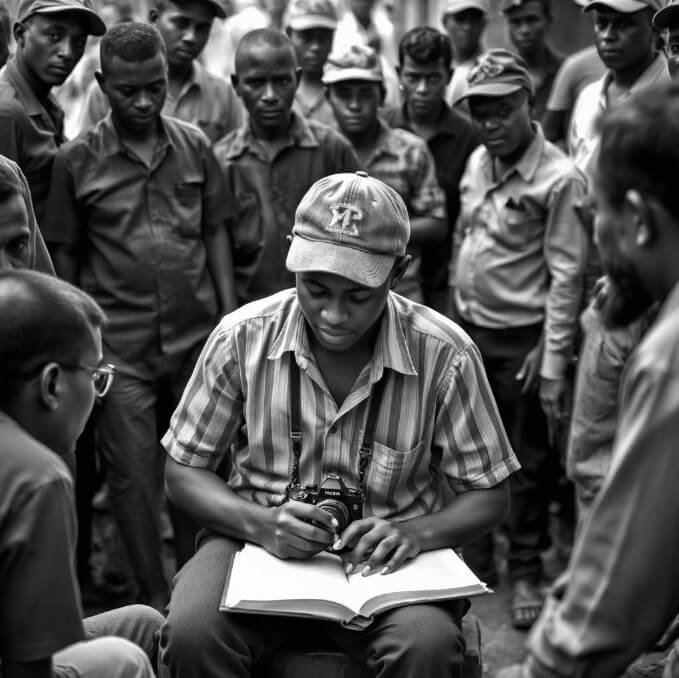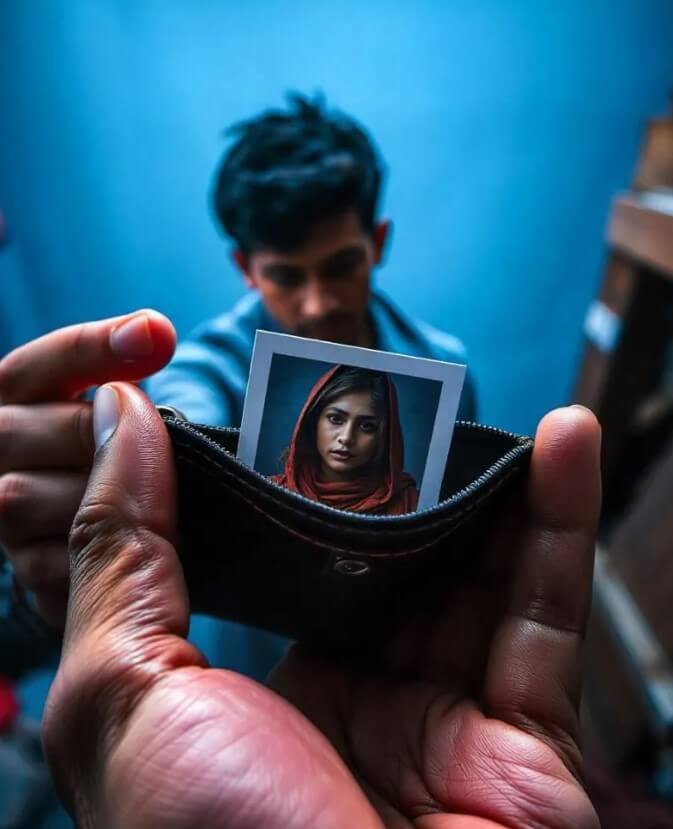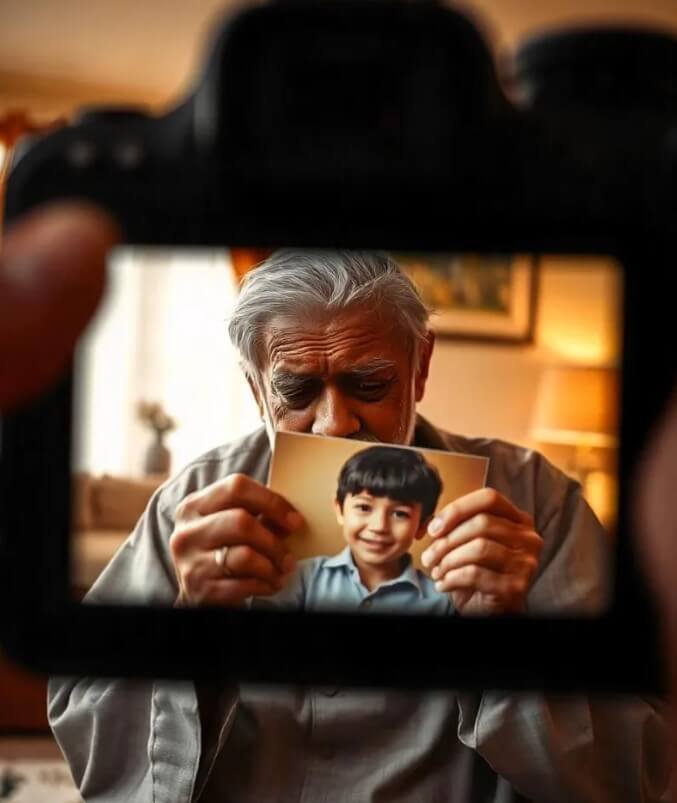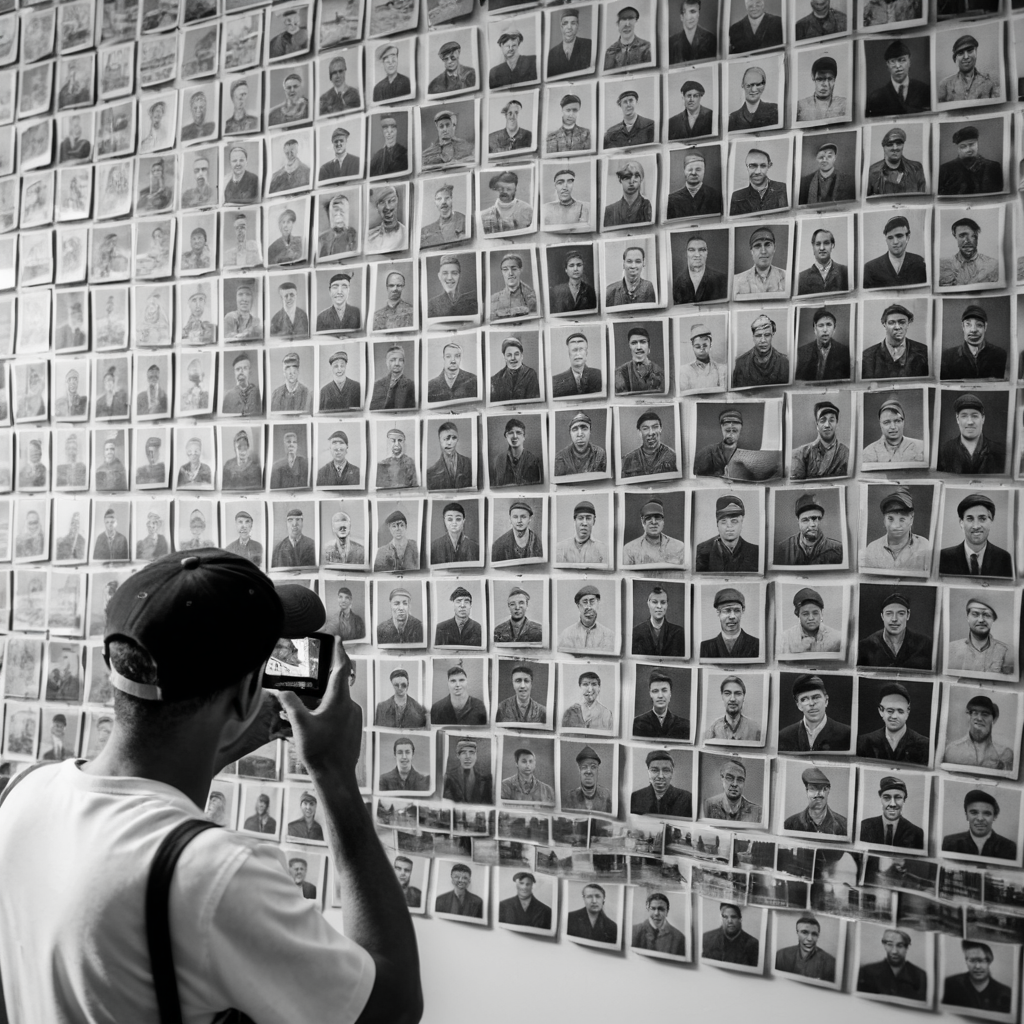Einstein was the son of a fisherman. He didn’t know there was a world-renowned scientist who shared his name until he started school. His parents were illiterate and unaware that a scientist in Europe had discovered the formula \”E=mc²\”, which made him famous. It was the local church priest who gave this name to the child.
The scientist Einstein and his achievements had nothing to do with the life of this illiterate fisherman’s family. They were solely concerned with finding food and happiness for themselves and their child. But to them, their son Einstein was everything. The name \”Einstein\” carried a completely different meaning for these innocent parents compared to the rest of the world.
Einstein was a good boy. However, as he grew older, he began to feel that his life was miserable. Now, at 25 years old, he sleeps in a labor camp in Dubai. The people living with him work in jobs like truck driving, construction, security guards and cooking. Unlike most of the others, Einstein has a secondary job: he documents the laborers instead of performing physical work. His role involves taking photographs for official documents as well as personal photos that the workers can send back to their families. Some even ask him to print pictures of their loved ones to keep in their wallets. He liked this job because of bringing them these small moments of happiness.
When he was a teenager, Einstein dreamed of becoming a writer. He didn’t fully understand it then, but everything he desired in a career pointed toward writing. At first, in childhood he wanted to become a priest because he admired their ability to communicate with a community. However, after living closely with a priest, he realized they often hid their true personalities to gain respect.
Then, Einstein aspired to be a software engineer. During a history class, his teacher mentioned a cousin who worked as a software engineer, and Einstein’s mind locked that term \”software engineer\”. The history teacher remembered the cousin visiting their home in a new car. Though the teacher didn\’t like the attitude of his cousin , he admitted that software engineers earned more than a school teacher. At that time, Einstein was in love with a school girl and thought becoming a software engineer would help him earn enough money to marry her. But after graduating, that immature school love faded with his ambition to be a software engineer.

But still, the unfulfilled desire to be happy and communicate with many people lingered in Einstein’s heart. Over time, he realized he wanted to be a writer. However, no publisher or professional recognized his work. Unable to pursue his passion for writing, he channeled it into photography. Lets document lives through pictures instead of words.
One afternoon, a Nepali teenager visited his shop and showed him a photo on mobile phone. How lovely Einstein thought, it was a girl\’s photo. It must be his lover or wife. It was a selfie she had taken. He wanted her picture inside his purse. Einstein carefully printed, cropped, color-graded and laminated the picture to fit perfectly inside the wallet space.
He really liked the way this nepali guy loves his girl.

Many people visited his shop daily to have their photos taken for official documents. Sometimes, when Einstein goes outside and sees, the heads inside the photographs he takes, walking in front of him with a whole body. Some would recognize him and say hello. Though the job didn’t bring him the money he had once hoped for, it gave him something he really needed- he thought!
One night, an elderly Pakistani man came to his shop with a younger man who explained the old man’s requirements in Urdu. Einstein didn’t understand the language but grasped everything the elderly man needed for his documents. He prepared the paperwork, printed all the necessary copies, and handed them over. The younger man checked the documents and expressed his gratitude. Einstein smiled and said, “Dhanyavad, dada” (Thank you, grandpa, in Hindi).
The old man froze for a moment, his eyes welling up with tears. He looked at Einstein and raised his hands in a gesture of blessing. On his way back to his room, Einstein reflected on that moment. It struck him how deeply these men’s lives were intertwined with sacrifice and longing.
In this dusty, industrial region of the Middle East, men from India, Nepal, Bangladesh, Sri Lanka, Africa, and other countries lived together as laborers. Each one had left their family behind to work for large companies, often under harsh conditions. They drank, smoked, and turned to other vices to cope with loneliness and financial struggles. Their common dream was to save enough money to escape this life and return home to live happily.
The Pakistani grandfather might have arrived in Dubai as a teenager, carrying the same dream. Now, at seventy, he was still working, applying for yet another job. When Einstein called him “grandpa,” it might have reminded him of the family he had left behind. He cried, perhaps mourning the life he would never live again.

(To be continued…)

